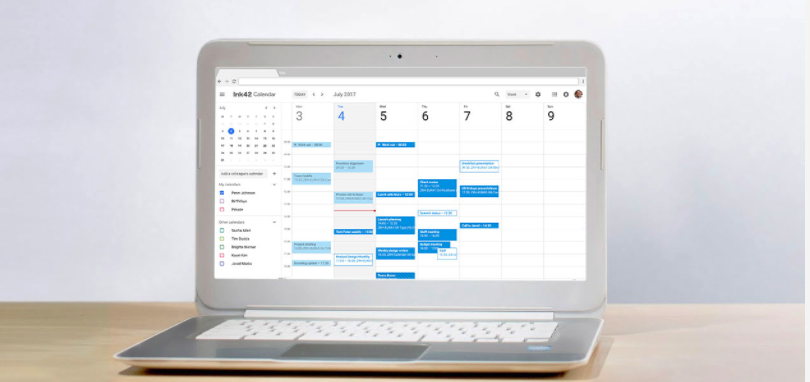According to recent studies, around 70% of professionals worldwide work remotely at least once a week, a movement known as telecommuting.
While this phenomenon offers many benefits, such money saving, time saving, and the provision of an enhanced overall work-life balance, it also conveys several notable challenges.
In general, the challenges of working remotely often stem from a shortage in motivation.
Here, we’ve provided a few helpful tips and tricks, which are grounded in the empirical testimony of behavioural science on how to overcome some of the motivational impediments of working from home and boost your productivity.
1] Mirror your work habits at home
We are all creatures of habit, meaning we find it much easier to engage in behaviours that are automatic.
Working from home can be quite challenging for many of us, as it breaks us away from the habitual behaviours that get us in the right mindset for the working day.
Experts suggest that habits are repeated, routine behaviours that consist of 4 key stages: cue, craving, response and reward.
The cue, also known as the trigger, is what sparks our brain to complete a particular action, making it an important ingredient for starting the working day off right.
On a normal working day, there are a huge number of cues that subconsciously influence our behaviour at work, such as getting dressed in smart clothes, our commute to the office and even the appearance of our desk.
To help us get into the right frame of mind to work from home, it can be extremely useful to mimic as many of these daily rituals as possible.
So, how can you mirror your work habits at home?
- While it can be tempting to work in your pyjamas, try getting up and getting dressed as if you’re going into the office. This small step will get you in a more professional, focused mindset.
- Your commute to work often gives you a small window of time to properly wake up and mentally prepare for the day, so try going for a quick walk around the block before jumping straight into work so you can gather your thoughts.
- Finally, set up a dedicated workstation, avoid the sofa and instead opt for a table that reflects the working environment of your office.

2] Commit yourself to a successful day
While it is important to get yourself in the right frame of mind for the day, it is also necessary to recognise that we can often struggle with self-control.
As will power is a limited capacity resource, many people may find it helpful to use commitment as a means of nudging themselves to be more productive. As humans, we have an innate desire to act in ways that are consistent with our previous commitments, this is known as the commitment bias.
We are highly motivated to stick to our previous commitments as failing to do so may make us seem untrustworthy to others or cause mental discomfort as we try to reconcile the conflict between our intentions and our actions.
Research has shown that verbal, written and physical expressions of our commitment can provide highly effective strategies to motivate behaviour.
When it comes to working from home, it can be hard to maintain the same level of productivity we experience in the office, simply because of the number of distractions.
However, if we start our day by making a commitment to complete certain pieces of work, we can considerably increase our likelihood of succeeding.
So, how can you use your commitment bias to nudge yourself towards productivity?
- Book time out in your diary, the act of allocating a specific portion of your day for specific tasks will act as a pre-commitment, and you’ll be motivated to stick to it.
- If someone else is at home with you, tell them a list of things you are going to achieve by a set deadline. Simply saying aloud what you’re going to get done reinforces your commitment.
- And finally, set yourself a hard deadline by emailing your co-workers or boss to tell them that they’ll receive your work by close of play that day. Maintaining other’s confidence and trust in your word will provide strong motivation to deliver on your promise.

Conclusion
In sum, while working from home offers a huge number of benefits, it is important to recognise and mitigate against any obstacles.
Self-nudging is becoming an increasingly popular tactic to help people achieve their goals when factors such as will power may stymie productivity.
Here, we’ve detailed a few practical strategies you can quickly and easily implement in your daily routine to subconsciously prepare you for the working day and ensure you achieve your goals.
At Cowry, we’ve harnessed the power of habits and commitments across a variety of projects and industries.
For instance, to help users persist through online journeys, engage in more sustainable behaviour and have more positive conversations with businesses.
If you believe your business could benefit from creating better commitments & healthier habits through behavioural science contact us, and let's have a conversation.